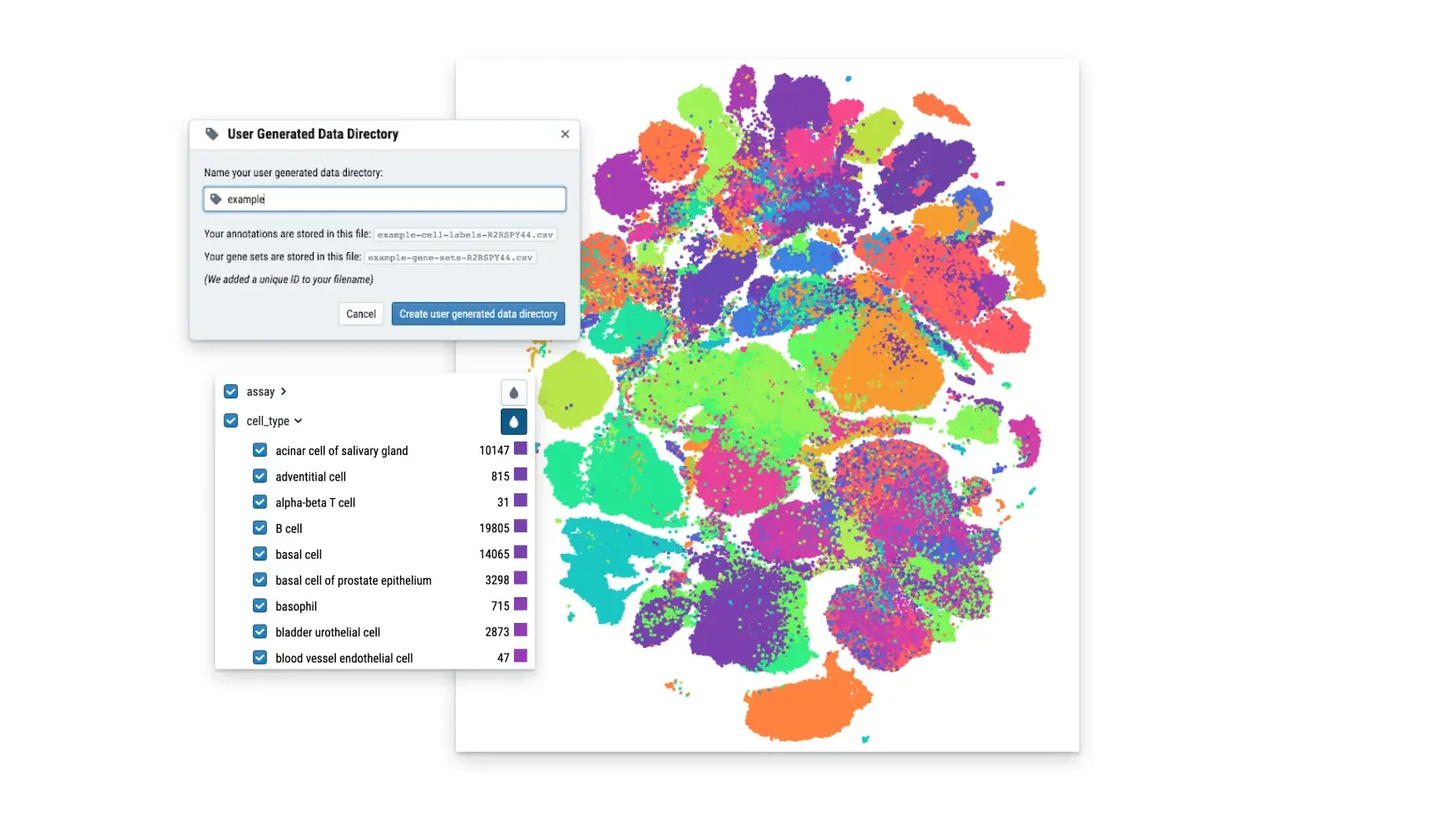A PhD Student's Story: Using AI to Understand the Immune System Against Cancer
This week, continuing with our student project series, we had the opportunity to chat with Garen, a first-year PhD student at Saigenci, to discuss his current research project and his experiences ai Saigenci. We hope his journey not only inspires you but also motivates other PhD students to pursue a similar path to become a researcher.
About Garen
Q: Can you tell us a bit about yourself?
Hello, my name is Galen Pereira, and I’m currently pursuing my PhD in Medicine and Surgery. My academic and research journey is driven by a deep curiosity regarding the workings of the human body, especially the immune system, and how cutting-edge technologies such as artificial intelligence are applied to comprehend more difficult biological processes.
What inspired your project?
I am passionate about applying AI and data science skills to solve real-world challenges
Q: Can you briefly explain what your research project is about?
My project deals with enhancing and evaluating the interpretability of AI models in cell biology, specifically with diseases like cancer. Interpretability means how clearly we can look at and explain what an AI model does.
To be more specific, I want to use AI for a better understanding of how our immune system responds to diseases, such as cancer, by analysing cellular and genetic data. This might, in the longer run, help us identify genes involved in disease progression or drug resistance.
Q: Can you tell me about your source of inspiration?
My inspiration comes from a long-standing fascination with how the immune system works. I’m interested in how our bodies can heal a sprained ankle or fight off infections we don’t even realize we have.
AI models in cell biology are still relatively new and full of potential. However, I’ve found that many of these models are difficult to interpret. That’s why I focus on interpretability - because in a clinical setting, doctors and researchers need to understand why a model makes a certain prediction.
I analyse biological datasets from Cellnexus to study immune cell function against cancer.
Technical approach
Q: Can you walk me through your technical approach?
My technical approach starts with collecting and exploring complex biological datasets through an tool called Cellnexus. These datasets contain rich information about immune cells and gene expression. I then apply various transformational models to analyze the data, focusing on how immune cells function in disease contexts such as cancer.
Q: What is one of the challenges you face in your work?
One of my biggest challenges was understanding the biological context behind the data. It took me a long time and a lot of effort to learn the terms and concepts of cell biology.
Key findings
Q: What were your key findings and the impact of your work?
My major discovery of study has been the finding of a special set of genes that appear to be functionally involved in immune responses. We can begin to narrow down thousands of genes to a small subset that might be worth investigating.
These findings could help guide further research into how the immune system interacts with cancer cells. Ultimately, my goal is to apply the insights gained from these models to help develop new treatments or diagnostic tools for cancer.
I discovered a unique set of genes involved in immune responses.
Trust the journey
Setbacks are normal for PhD
See challenges as growth
Stay curious
Everything is a learning curve
Growth & Development
Q: How did this project help you grow or develop your skills for your career?
This journey has had its ups and downs, but overall, it has been incredibly rewarding. As it was my first year, I knew I had a lot to learn, but I have grown in ways I never expected – both technically and personally. Every challenge has been a learning opportunity, and I have come to understand that research is not always a linear process. I wouldn’t change a thing, because even the difficult moments have shaped my development.
Q: What advice would you give to the next generation of students?
Enjoy every step of the journey, trusting the process. Changing fields or encountering setbacks during your PhD is perfectly normal, and it is a path of becoming an expert. Do not be discouraged by challenges; rather, see them as opportunities to grow. Stay curious, stay proactive, and remember: tenacity is equal to knowledge.
Looking into the future
Q: Where do you see yourself in the future?
I see myself continuing to do research, particularly at the intersection of AI and medicine. I am particularly interested in using AI to better understand complex diseases like cancer and improve patient outcomes. As the field develops, I hope to contribute to the creation of more interpretable and impactful models, and eventually take on a role in connecting research to real-world clinical applications.
Thank you Garen for the interview, and I wish you all the best in your life and career ahead.




